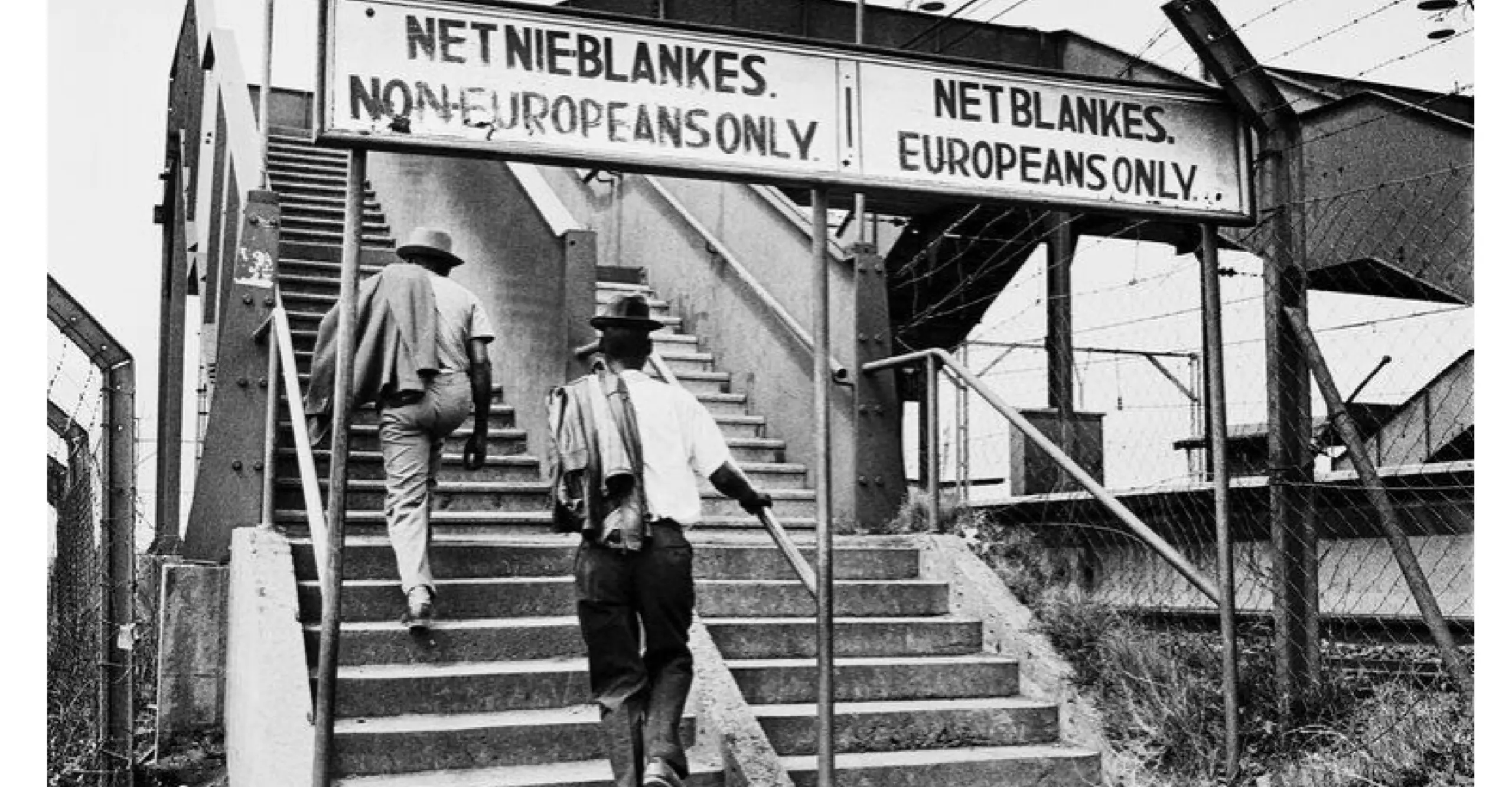Photographs are messages from the past to the future. Silently, and intimately, the photographers of each generation are in conversation with previous and future generations. South African photography is deeply marked by these intimate exchanges with the past, present and the future. Ernest Cole’s House of Bondage exemplifies these intergenerational conversations.
Led by curator and educator John Fleetwood.
Course format
Each two-hour session will be predominantly lecture based with supporting slides. The list of slides will be made available after each session. There will be time during each session for group discussion.
Who is this for?
Open to all who are interested in photography and art. No prior knowledge necessary.
Details on how to access the sessions will be confirmed upon registration. Please check your junk folders if you haven't received an email from TPG staff confirming your place.
Schedule
Session 1 | Framing Change on Wed 18 Sep
South Africa’s new generations are using photography boldly. However, the influence of previous generations of photographers is evident in their making and discourses. Photography as a tool for resistance, 'struggle photography', is at core of these conversations; and the reading of photographs from the past is now embedded in the present and asks new questions to new generations, considering global and local nature of photography. Conventions of photography has rapidly shifted from documentary making to identity politics, conceptualising contemporary issues and a celebration of peripheries coming to the centre. What do we learn from these intergenerational conversations, witnessing brutalities, reframing conventions, narrowing and widening visual languages?
Session 2 | Photographers as Witness on Wed 25 Sep
Photography is an act, a ritual, that is not only about the photograph. The camera is not only looking at the world, but also with and at the photographer. Photographers perform their identities and ideas about visual language as part of the process of making images. Images reflect these interactions, but also have a life of their own. They too perform beyond the photographer’s rituals. What are the rituals of re-enactment of being a photographer, how do we work with archives, photobooks?
Session 3 | Identity on Wed 2 Oct
Viewers (readers) of photography also contribute to the meaning-making process – as receivers, with their own contexts. Through a process of self-identification, we look for ourselves in photographs, and at others to define ourselves. Thus, photographs are ways to explore identity, community, belonging. How do current generations consider the influence of selfies compared to the authority, and brutality, of identity documents from the past?
Session 4 | Photobooks on Wed 9 Oct
Photobooks bring intimacy as we hold photographs in our hands. There is a sensory reconnect with the past, often part of a private moment. The 'archive' is often referred to as a kind of heterogenous body, a common space referred to yet escapes specifics, like a cloud, a metaphorical reference to the past and the future. How do photobooks form the clouds of our intergenerational exchanges?
Biography
John Fleetwood is a photography curator and educator. He is Director of Photo: (Johannesburg) and Co-head of the BA Photography at the Royal Academy of Arts (KABK, The Hague). Photo: is a multi-operation platform for the development and promotion of socially engaged photography work, projects, photographers and critical visual culture. Fleetwood curated Concurrent, Galleri Image, Aarhus, Denmark (2022) and Five Photographers: A tribute to David Goldblatt exhibited in various cities including Johannesburg, Maputo and Bamako (2018-2019). From 2002-2015 Fleetwood was Director of the Market Photo Workshop, Johannesburg.
Bursaries
A number of partial bursaries covering 50 per cent of course fees will be awarded on a first come basis. Applicants who wish to be considered for a partial bursary should submit a statement (max. 500 words) to projects@tpg.org.uk, outlining how this course would contribute to their professional development. Successful applicants will be notified within a week of submission.
We actively encourage applications from groups who are currently underrepresented in the cultural sector in the UK. This includes people who identify as D/deaf, disabled* and neurodivergent; those with caring responsibilities; candidates from Black, Asian and ethnically diverse backgrounds; and arts and culture professionals whose career development has been negatively impacted by Covid-19, prioritising independent artists, freelancers and those made redundant/at risk of redundancy since 2020.
*The Equality Act 2010 defines a disabled person as someone who has a physical or mental impairment, and the impairment has a substantial and long-term adverse effect on their ability to carry out normal day-to-day activities. Sharing that you are disabled will not be used in any way in judging the quality of your application.
Ticketing
By booking for this event you agree to our Terms & Conditions.




